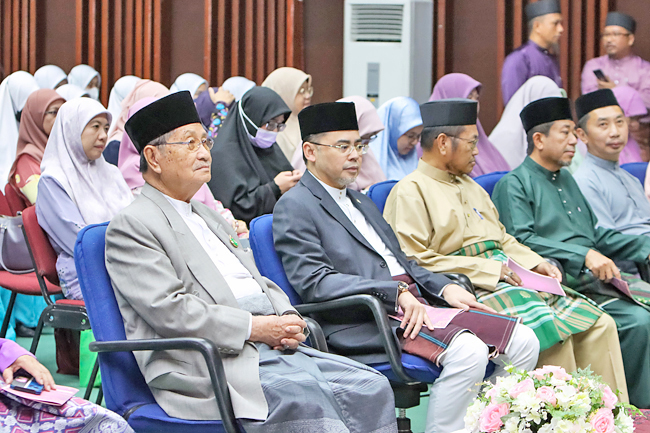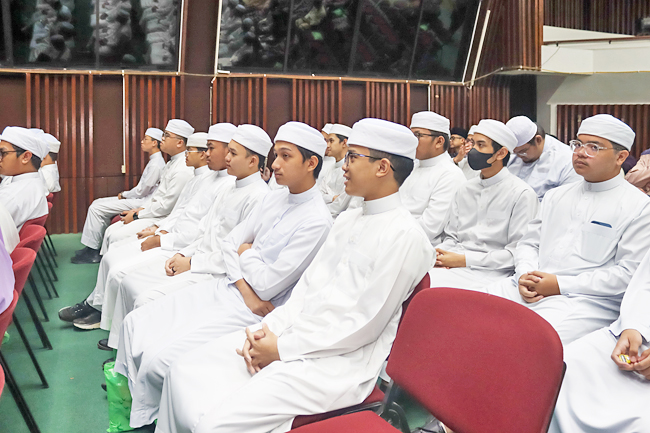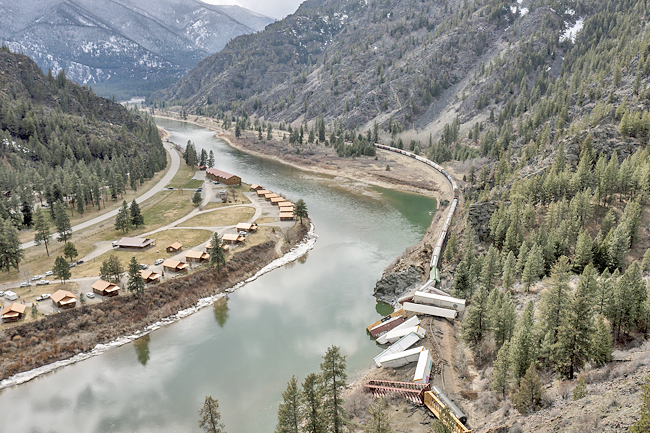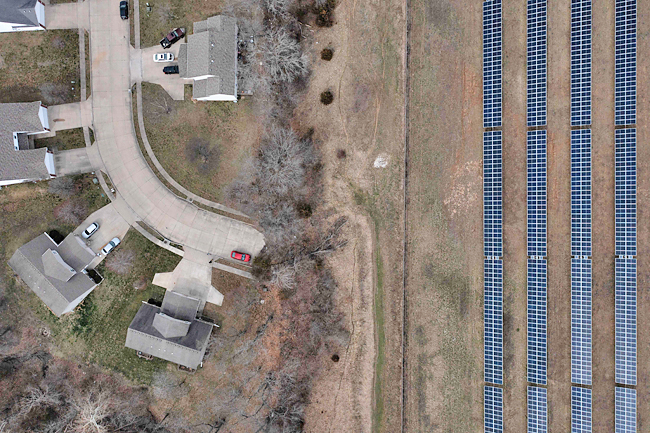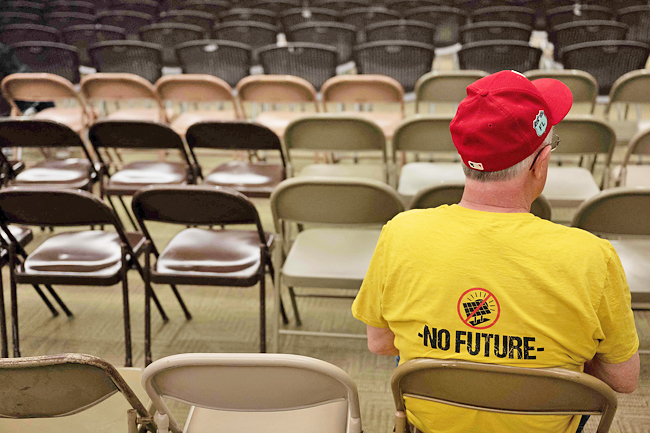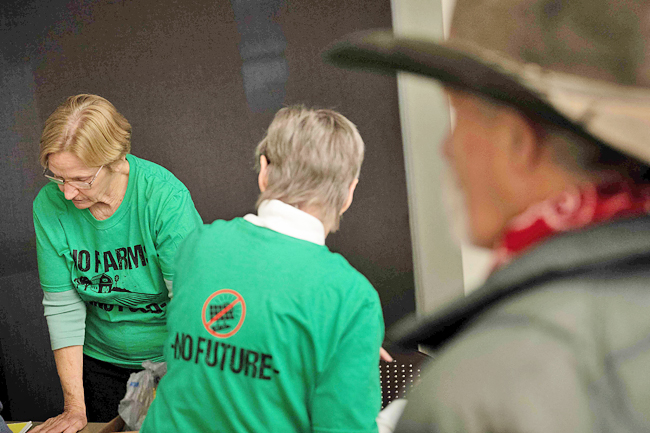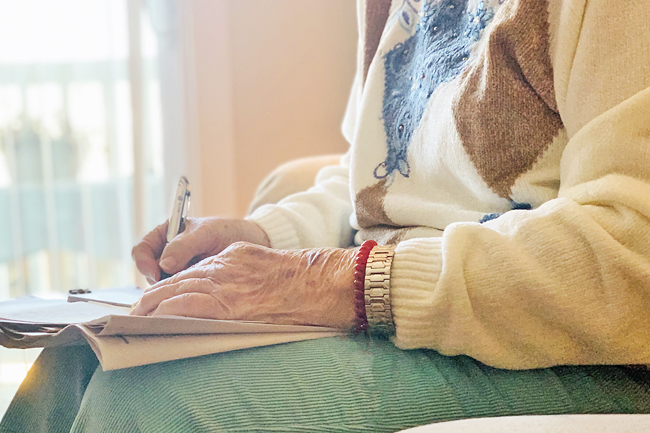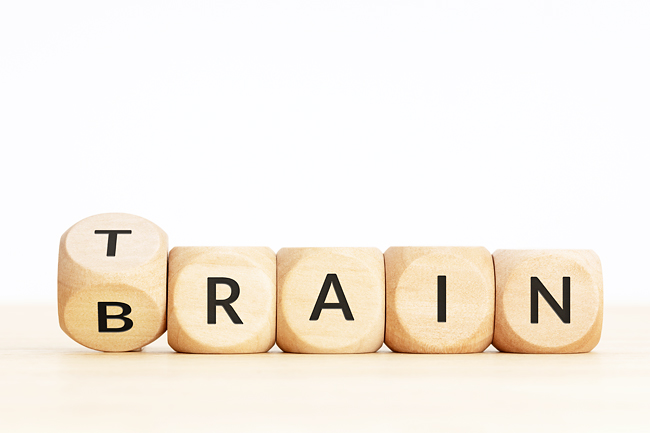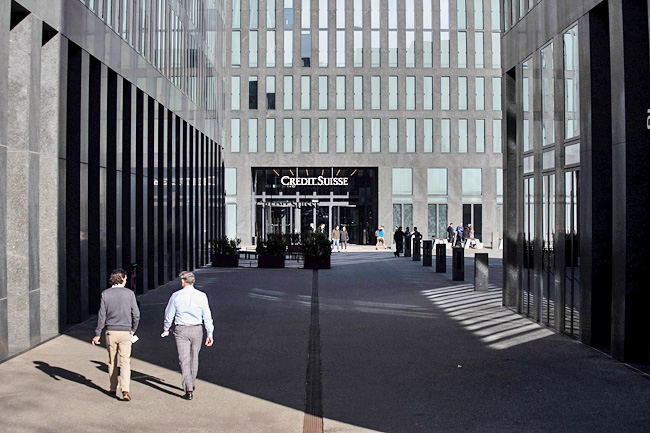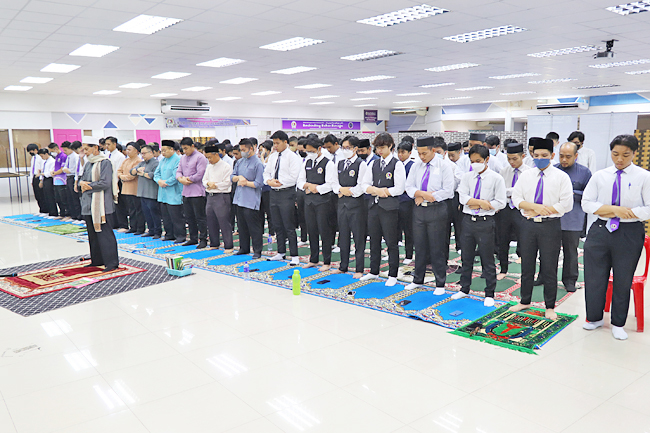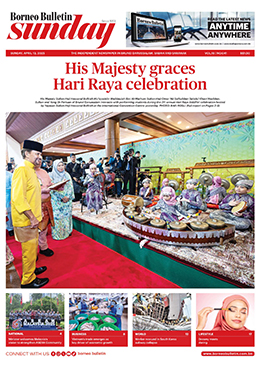Bahyiah Bakir
While maintaining a normal exercise routine can be a challenge during Ramadhan, finding the right time to work out can help us stay healthy, keep our energy levels up, our metabolism stable and our mind clear.
In interviews with the Bulletin, a fitness instructor and other fitness enthusiasts spoke about fitness and nutrition during Ramadhan.
Siau Mei is a fitness instructor focussing on basic fitness aspects in each workout: resistance training, cardio and flexibility.
She said, “During Ramadhan, I suggest that anyone who is fasting to do a low-intensity workout if they are working out before breaking fast such as brisk walk, yoga, Pilates or low-intensity resistance training. If they want to work out after breaking fast, I suggest they do it one to two hours after breaking fast so that they don’t feel uncomfortable.”
She also suggested prioritising strength training during Ramadhan because a loss of muscle mass will slow down metabolism. The goal is to avoid losing muscle and a drop in metabolic rate. “To boost metabolism, prioritise strength training to build muscle mass.”
Mei highlighted that people should stop exercising if they experience dizziness, headache, nausea, chest pain, inconsistent heartbeat and shortness of breath.
A light workout pre-iftar should be low-key with more resistance training, low repetitions and weights, and plenty of stretching. A light workout before iftar means they can replenish with water and reap the benefits of exercising on an empty stomach.
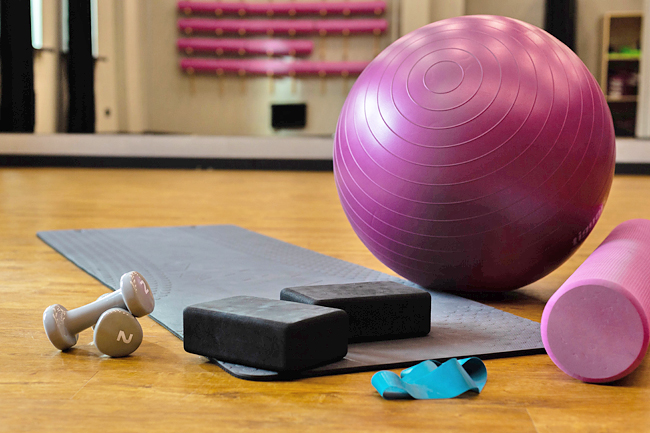
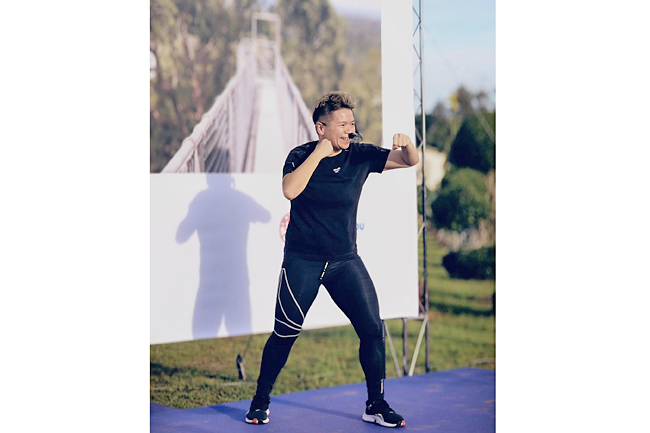
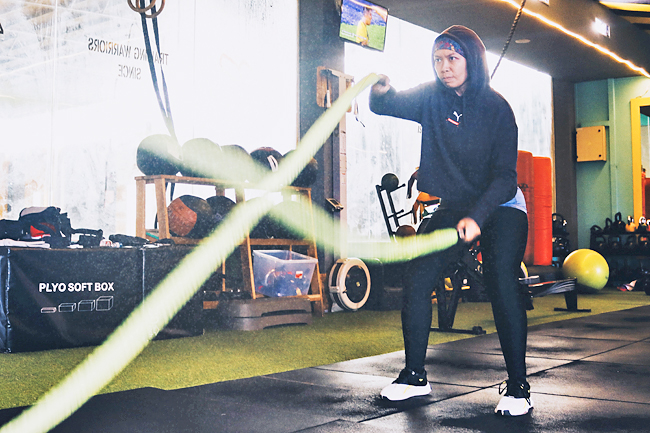
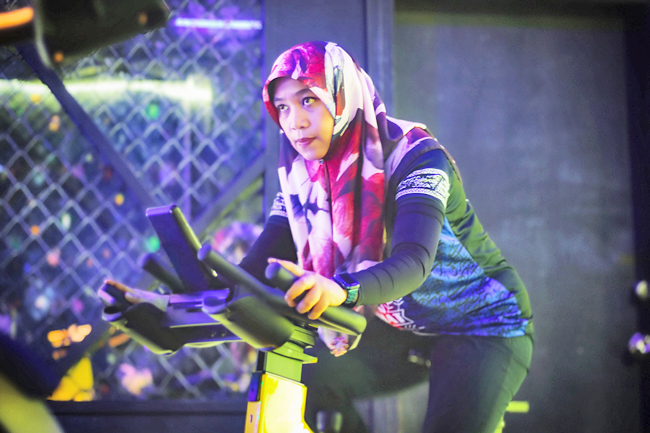
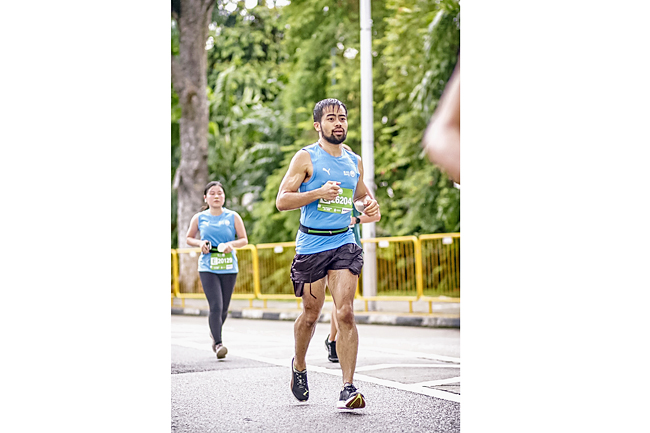
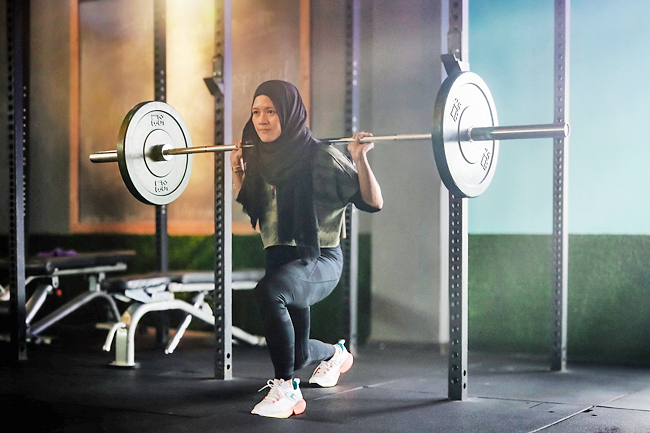
“Make sure to drink plenty of water to rehydrate. If you plan to exercise after a meal, avoid overeating and choose a nutritious meal to fuel your body. Take vitamin C to boost your immune system too.” Mei also added that getting enough rest and sleep improve the exercise quality.
Izzah Karim, a government servant, told the Bulletin that exercising during fasting is not easy. She said that she prefers to work out at the gym after iftar. “I do weightlifting and light cardio on the treadmill. My goal is to stay in shape.”
Her ideal iftar meal comprises dates, vegetables, food high in protein and a small portion of rice. Dates are recommended because they are packed with potassium which helps muscles and nerves function. She drinks 1.5 litres of water to remain hydrated throughout her fasting.
“Hydration doesn’t have to come from the tap – eating fluid-rich fruits and vegetables when you break your fast will help to keep you replenished and hydrated, too,” she added.
Meanwhile, Ruzanna Z, who is also a government servant, said that Ramadhan is the best month to start a healthy and organised lifestyle while performing her duties to Allah the Almighty.
Exercising helps maintain her health, and by fasting, she takes the opportunity to boost her physical and mental health.
“Fasting allows us to reset the mind and body. It also improves our self-discipline, and self-control and brings spiritual awareness to purify our body, mind and soul.”
Ruzanna prefers exercising at home, noting that it can be as effective as working out at the gym or outdoors.
She said working out at home means eliminating obstacles like commuting, bad weather conditions, finding gym attire and restraining gym operating hours. “I sometimes work out at odd hours so I prefer doing it at home. It offers me great solitude as well as the chance of focussing more on finishing my workouts. I also have the chance to play with my cat soon after.”
She prefers to work out in the evening or after Sunnat Tarawih prayers as it gives her enough energy and hydration to be able to maintain her fitness training level. “I do a mix of cardio and strength training during Ramadhan. Maintaining a fitness level is great but it all depends on your goals.”
As for her meal, she breaks her fast with dates and fresh juices, and soup to energise and hydrate. She also has fresh salad or oats for fibre, salmon for protein and healthy fats, and some carbs for energy. She also takes multivitamins (B-complex, calcium with vitamin D) to fill the body’s nutritional gaps.
Ruzanna suggests eating food that release energy slowly such as oats, wholegrain and high-fibre foods as it will help people feel less hungry and keep them going throughout the day.
She makes sure to avoid consuming sugary or fried foods. “I also suggest limiting salt intake because it can make you thirsty easily if eaten in excess. You need to make sure you are hydrated throughout the day.”
Fakhreiyah, an officer from the private sector, said that people should exercise during Ramadhan but at a slower pace. “We must take care of ourselves spiritually, emotionally and physically. By being healthy we will be able to fulfil our obligations during Ramadhan.”
Fakhreiyah focusses on strength training, functional training and cardio. “My preference would be more on strength training than cardio since cardio tends to deplete my energy quickly, especially during fasting. I usually do my cardio sessions after iftar.”
Fakhreiyah prefers working out at the gym pre-iftar and going for a run after Sunnat Tarawih prayers. It is a matter of personal preference to exercise before or after iftar because finding the best time is key to keeping the exercise routine safe and sustainable.
As for her meal, she consumes a balanced diet of protein, carbs and plenty of vegetables and fruits. She also ensures her sahur meal is loaded with high-fibre carbs and high-protein food to sustain her body throughout the day especially if she plans to work out pre-iftar.
Fakhreiyah suggests drinking at least eight-12 glasses of water daily during iftar and sahur, avoiding caffeine-containing beverages, incorporating soups during meals and eating water-dense fruits and vegetables.
“Aim to exercise for maintenance during Ramadhan. Do not push yourself and keep cardio at a minimal level.
“Apart from going to the gym, one can go for a brisk walk, cycle or a light jog. Listen to your body and make adjustments as needed,” she added.
Fadhil Yunus, who is active in the fitness scene, also shared his views on fitness during Ramadhan. “Exercise can be quite a challenge during Ramadhan. However, Ramadhan alone should not prevent individuals from exercising and there are ways to enjoy exercise while taking care of the body at the same time.”
He noted that it will add on or complement the existing advantages and health benefits associated with fasting. When a person is fully energised once they break their fast, they will be fully focussed and attentive when they are exercising.
“I am aware that the class schedules at gyms and fitness studios change to accommodate those who are fasting. I have to take it easy on myself as I do not want to overtrain myself when my performance levels are compromised. For me, the best time to exercise is early in the morning when you are well rested and in your best condition,” he said.
He still does the activities he would normally do such as circuit training, spinning and other cardio-related activities.
His immediate goals are to build muscular strength and endurance to help enhance his performance in competitions. As a fitness enthusiast, Fadhil actively seeks a variety of workouts regardless of the environment. “I have no specific preference on the whereabouts of my exercises. Normally, I would look for the class that I’m interested in doing during a particular day or which anatomy of the body I wish to focus on.
“Alternatively, I enjoy road running specifically interval runs especially in groups or going on the treadmill at home.”
As for his meal, he consumes foods packed with carbohydrates such as bread and noodles as well as protein such as chicken breast and egg. He consumes a lot during mealtime so that he can exercise more and also expedite the levels of recovery that have been lost during previous workouts.
He would also treat himself to an assortment of fruits and desserts as well as juices; in other words, a meal that will leave him truly satisfied.
“Hydration is important. I think it is best to drink a lot of water during both sahur and iftar and replenish with juice as well.
“It is easy to get so thirsty during a workout so it is recommended to stay hydrated before starting the day or getting ready for the next workout,” he added.


